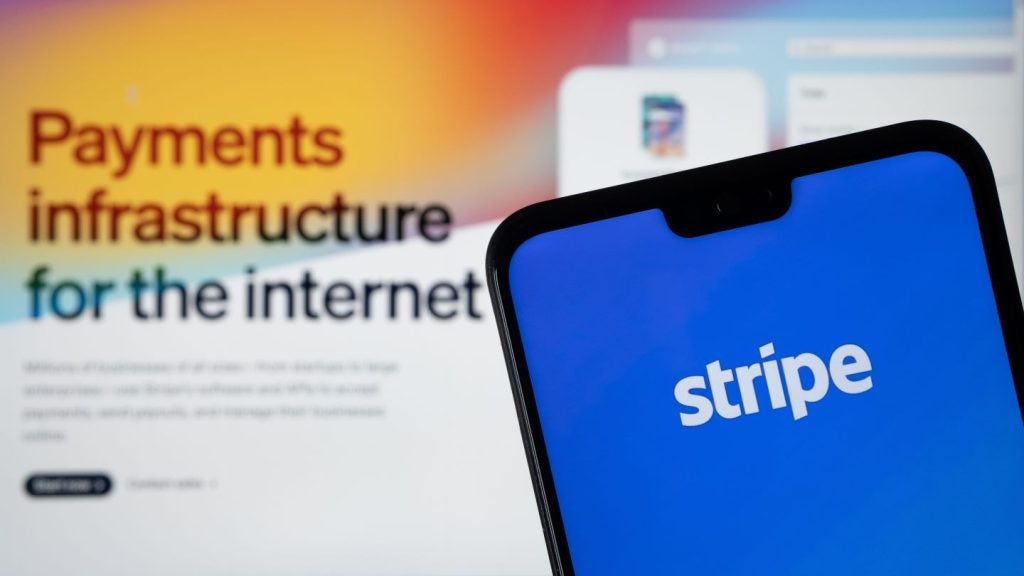Obopay is trying to simplify its payments system with
text messages. The company has refined a tool that can initiate
transfers with texts, one of several efforts Obopay is making to
shed the inefficiencies of its original consumer-facing mobile
payments system. Charles Davis reports.
 By embedding money
By embedding money
transfer into the body of a text message, Obopay hopes to simplify
its payment system and gain new converts.
Obopay is using its new tool as
part of an effort to tweak its consumer-oriented mobile payments
system. It aims to create a faster, more efficient system that
banks can offer consumers and the largely untapped small business
mobile payments market.
The new text interface allows users
to make payments from cards to recipients who have accounts at
participating Obopay bank partners. The sender starts the process
by typing an instruction to a text-message short code. They then
receive a text message with a link to the bank’s website, where the
sender inputs payment information. The system eliminates the need
for a special prepaid account or an app that Obopay’s earlier
systems required.

US Tariffs are shifting - will you react or anticipate?
Don’t let policy changes catch you off guard. Stay proactive with real-time data and expert analysis.
By GlobalDataMobile Money for
Banks
The text-payment interface is one
of several new features Obopay has unveiled in an effort to broaden
use of its mobile payments system, Mobile Money for Banks, which
the company originated in 2006 to allow consumers to exchange money
through their mobile phones. Over time, its business model grew to
include direct bank partnerships, and in May it shifted its
business model to focus on banks and credit unions instead of
consumers.
Mobile Money for Banks can now:
- Allow people to send and accept
mobile payments instantly via any supported debit card or to reload
a supported prepaid debit card; - Enable real-time
account-to-account bank transfers via debit card networks and
one-to-four business day transfers for ACH transactions; - Allow organisations or individuals
to establish a keyword to receive text donations and payments from
any mobile phone user in the US, and; - Provide checkout services for
mobile and web-based transactions, allowing Obopay users to accept
card payments from the US without the payer needing to register
with Obopay.
Obopay’s system has relied on
carrying transactions over the automated clearing house network,
but the company found that if it wanted to grow in the bank market,
it needed a much faster way to send payments.
In September, Obopay announced a
deal with First Data Corp’s Star debit network enabling Star
cardholders to make instant payments over the network. They
followed with a similar deal with Fidelity National Information
Services’ NYCE network and entered payments relationships with Visa
and MasterCard to expedite credit card-based payments.
The agreement with Star also
addresses a pain point for the EFT network, which introduced its
own person-to-person payments system, the Star Expedited Transfer
Service, nine years ago and has struggled ever since to build a
strong market for it.
Obopay has also created a web
interface that lets financial companies and bank customers choose a
system for each payment. Consumers and businesses can go online to
set up the text message short-code that initiates the hybrid
text/mobile web payment. Anyone can get a keyword and accept a
debit or credit card payment, even individual consumers.
Many mobile banking and payment
systems allow some degree of text message interaction, and although
few make it the focus of the experience, Obopay said that the
simplicity and familiarity of text messages will be an advantage in
encouraging user adoption.
“The new capabilities enable a bank
to set itself apart in the mobile banking market with a complete
mobile money service that is unique to the industry and meets
consumers’ growing demand for instant mobile transactions,” said
David Schwartz, Obopay vice-president of product and corporate
marketing.
“The new capabilities offer a
cost-effective alternative to cash and cheque transactions that can
be very appealing to both individual consumers and small business
vendors, particularly those who, for one reason or another, do not
or cannot accept any other form of electronic payment. This makes
it a great selling point for banks looking to ensure customer
loyalty and attract new customers.”
Schwartz also noted that while less
than 30% of all small businesses accept any form of electronic
payment – whether because of high fees, equipment set up costs or
denial of card payment services by a bank – the new functionalities
of Mobile Money for Banks allow small businesses to get paid
electronically via a mobile phone.
’A welcome
functionality’
“Five million people donated to the
Haiti earthquake relief effort by texting from their mobile phones,
so the ability to send money via text is a welcome functionality to
the mobile phone user,” said Schwartz.
“Mobile Money for Banks’ new
functionalities will not only make that fundraising capability
available to all charitable organisations, but will also make it
easy to do by simply establishing a keyword to which people can
text their donations. Non-profits will also be able to accept
payments from their members by text message, which will make their
fundraising efforts that much easier.”
Obopay’s latest play reflects the
industry-wide struggle to reconcile the instant power of the mobile
device with the inherent delays that persist in the ACH network.
It’s leveraging of the text format is a major leap forward however,
and could move mobile banking from purely transactional processes
to more sophisticated strategies employing instant alerts and
real-time management of multiple accounts through a single mobile
platform.
As Obopay continues to transform into a vendor to US banks and
away from its original model of offering its services directly to
consumers, it will benefit from the economy of scale in the broader
banking market.







